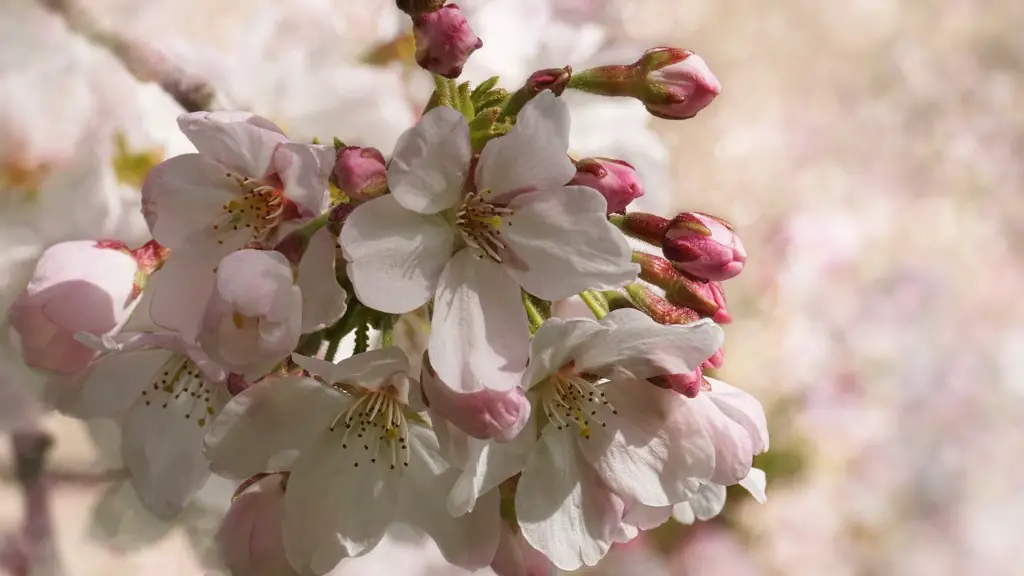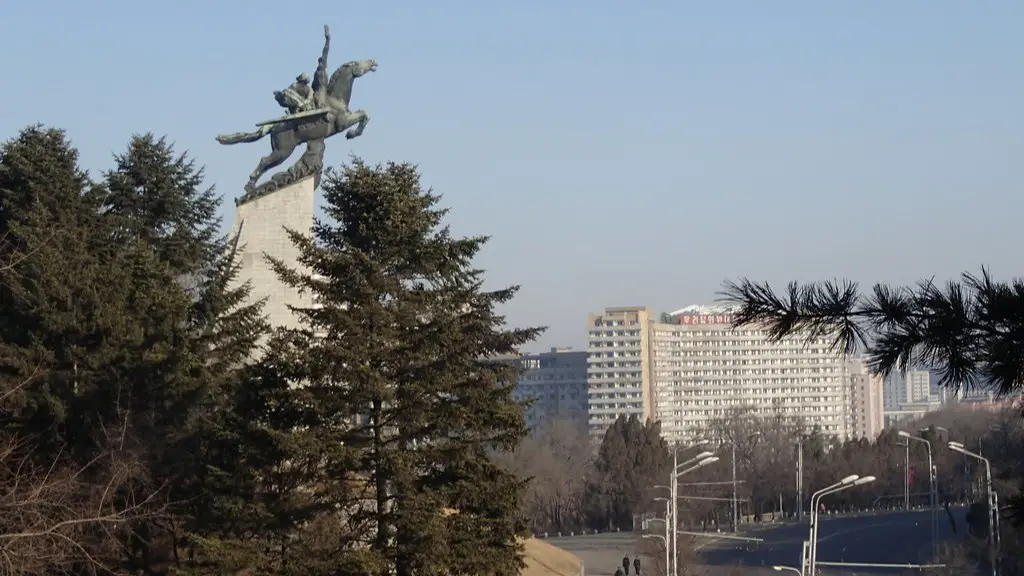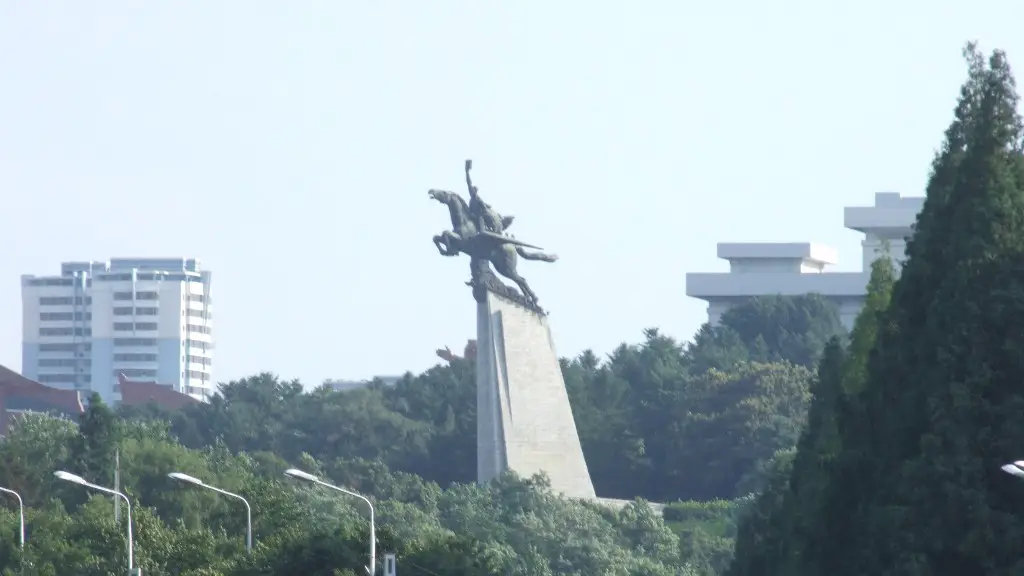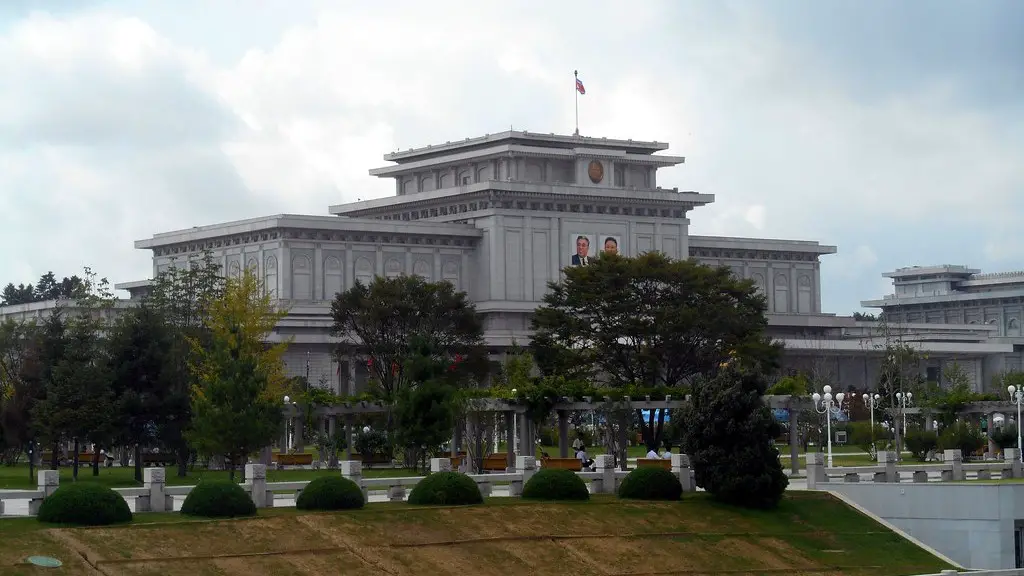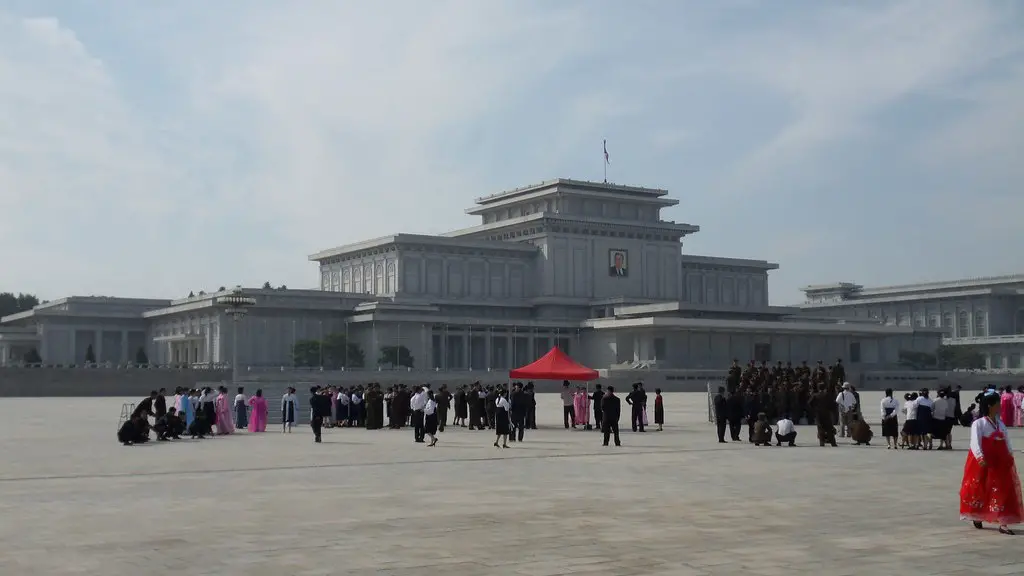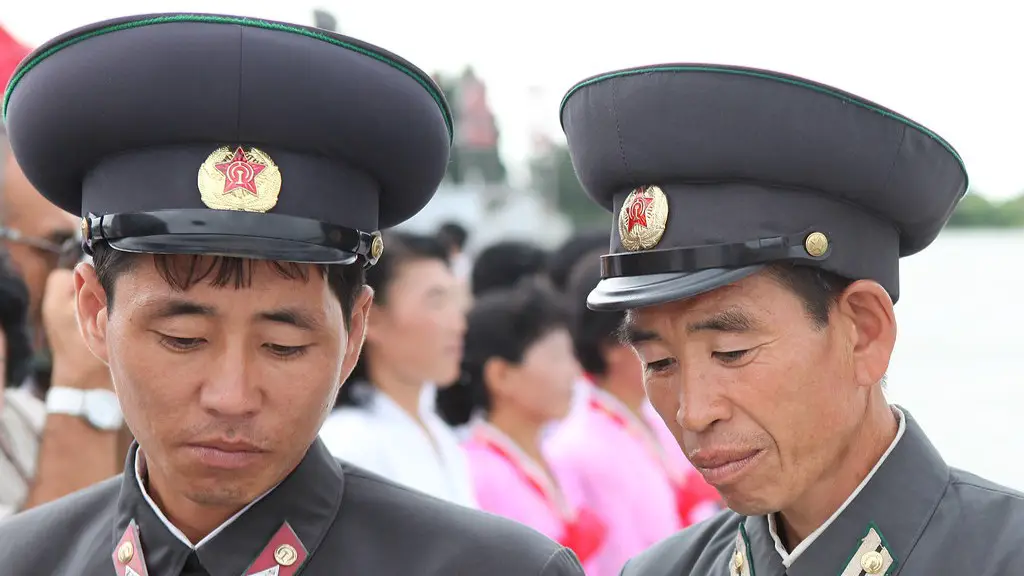Why Would Anyone Want To Go To North Korea
North Korea is an isolated country. It has been called one of the world’s most secretive nations, closed off from the outside world, with very little contact from the outside and a tightly controlled society. It is hard to find a country whose human rights situation is worse than North Korea’s. Travel to the country is heavily restricted, and outsiders are monitored closely. So why would anyone want to visit North Korea?
Tourists who do visit North Korea will find that many of the places they visit are anti-foreign in nature. Most of the tourist attractions are in Pyongyang, such as the Pyongyang Grand People’s Study House, the Tower of the Juche Idea and the Kumsusan Memorial Palace. These places are heavily guarded, and the atmosphere can be quite oppressive. Many people visit these places to experience the oppressive nature of the North Korean government, as well as its tight control over the population.
Despite the oppressive atmosphere, North Korea has some of the most beautiful and unique landmarks in the world. The DMZ that divides North and South Korea is one of the most famous and unique landmarks. Visitors can go to the Joint Security Area for a better view of the border and the surrounding countryside. The city of Kaesong is also a fascinating destination, with its remarkable collection of Buddhist sculptures and temples. The Juche Tower and the Grand Monument of Kim Il Sung are also popular places to visit.
In addition to its unique landmarks, North Korea has some of the most stunning landscapes in the world. The countryside is full of stunning mountains, lakes and rivers. Visitors can also witness first-hand how North Koreans live, and how they interact with the outside world. North Korea is an incredibly isolated place, and the experiences are usually quite surprising.
Visiting North Korea can also be a chance to gain an understanding of the country’s political system. Despite its heavy control and oppressive atmosphere, North Korea has made strides in diplomacy and economics. It does not have diplomatic ties with most countries, but it has established relations with several, particularly China and South Korea. North Korean citizens are also becoming increasingly aware of the outside world, and some of them are beginning to embrace aspects of it.
For those who want a deeper understanding of North Korea, the country offers some unique cultural experiences. Tourists can visit traditional Korean temples, observe Buddhist customs and traditions and visit museums dedicated to the country’s history. They can also visit traditional markets, sample local cuisine and enjoy the aesthetic beauty of the North Korean landscape.
Visiting North Korea may not seem like an obvious choice for a vacation, but it is an opportunity to gain insight into an incredibly isolated and intriguing nation. The landscapes and cultural experiences are captivating, and travelling to North Korea gives people the opportunity to gain an understanding of the country’s political system. It is also a chance to witness first-hand how North Koreans live and interact with the outside world.
Political Ideology
North Korea is a highly oppressive autocracy, with a human rights situation that is considered one of the worst in the world. Its official governmental ideology is that of ‘Juche’, an ideology based on total self-reliance and strong military strength. This has made North Korea one of the most isolated countries in the world, and it is one of the few countries where the state is still considered a god-like entity. The ideology is propagated strongly throughout the country, with most North Koreans expected to pledge loyalty to the government and its leader, Kim Jong Un.
The impact of the North Korean political system on its citizens is far-reaching, with most North Koreans experiencing extreme hardships in terms of basic human rights. Rights such as freedom of speech and freedom of movement are heavily restricted. Political dissent is not tolerated, and criticism of the government can lead to imprisonment or even execution.
Despite the oppressive nature of North Korea, the government is able to maintain its control due to its strong military presence and the culture of extreme loyalty that has been instilled in its citizens. This has enabled the government to oppress, control and maintain its power with no fear of economic, political or military repercussions.
The Juche ideology also has an impact on the international stage. Since North Korea sees itself as a self-reliant nation, it is willing to use its nuclear arsenal for aggressive purposes, as seen in the current nuclear stand-off between the US and North Korea. This has made many countries cautious of North Korea’s ambitions.
The North Korean political system is an example of a localized autocracy, yet it is having a major impact on the world stage. Isolationism, extreme loyalty and a strong military presence have enabled North Korea to remain a powerful and isolated nation.
Societal Norms
The culture of North Korea is very distinct and has been heavily shaped by the government’s ideology of Juche. Everyday life in North Korea is strictly controlled by the government and the media, with a heavy emphasis on supporting and praising the government and its leader. North Koreans are expected to pledge loyalty to Kim Jong Un, and those who fail to do so can face retribution from the state.
North Korea is one of the most censorship-heavy countries in the world, with all media output heavily controlled by the government. The media is mostly devoted to praising the government and its leader, with some international news being allowed. However, any news that could be interpreted as being critical of the government is not allowed.
In addition to media control, the government has implemented various social and cultural practices in order to control its citizens. These include restrictions on marriage and divorce, limited access to education and a strict dress code. Many of these practices are designed to reinforce the Juche ideology and cultivate a cult of personality around the government and its leader.
The North Korean government also exerts strict control over its citizens when they travel abroad. North Koreans are only allowed to travel to certain countries, and they must return to North Korea within 24 hours of arriving in the country. They are also subject to extreme scrutiny by government officials when they return.
Overall, North Koreans experience a highly oppressive lifestyle and a lack of basic human rights. Everyday life in the country is heavily controlled by the government, with a heavy censorship of the media and a culture of extreme loyalty to the government and its leader.
Economic Situation
The economy of North Korea is one of the most closed off and isolated in the world. The North Korean won is not easily available to international markets and is not accepted by most countries. North Korea also has one of the world’s lowest GDPs, with the majority of its population living below the poverty line.
The country has largely become self-reliant in terms of its economic system, relying heavily on international aide and trade with nearby countries like China. In recent years, the government has also invested heavily in venture capital funding, in an attempt to stimulate economic growth. However, the lack of access to capital, technology and resources have hampered the country’s economic progress.
Despite this, there have been some signs of economic transformation in North Korea. There have been limited economic reforms, such as a booming tourism industry, which has opened up the country to the outside world. The government has also begun to invest in IT and telecommunications, and there has been some progress in terms of foreign trade.
Overall, North Korea’s economy is still highly reliant on aid, but there are some signs of progress. The government is slowly beginning to relax some of its isolationist policies and investments in technology and telecommunications may help to open up the country to the outside world.
International Relations
North Korea has very few diplomatic ties with the outside world, and they are largely limited to two main countries, China and Russia. North Korea’s relationship with China has been strained at times due to political tensions, but the two countries have maintained a strong economic partnership as China has provided much of North Korea’s economic aid.
North Korea also has a limited relationship with the United States. In recent years, the two countries have negotiated a denuclearization agreement, in which both committed to further opening up diplomatic ties. However, the current relationship remains tense.
North Korea’s relationship with its neighbor, South Korea, is also strained. The two countries have been divided since the Korean War in 1953, and despite some attempts to restore diplomatic ties, tensions still remain. However, recently there have been several diplomatic steps taken between the two countries, such as the opening of a liaison office in the North Korean town of Kaesong.
Overall, North Korea’s diplomatic ties with the rest of the world remain limited. It has strong ties with China and Russia, but its relationship with other countries, such as the US and South Korea, remain tense. Despite this, in recent years there have been some diplomatic steps taken in order to improve relations.
Social Life
North Korea is a highly controlled society, and the everyday lives of North Koreans are heavily monitored by the government. Social life in North Korea is largely centered on work and loyalty to the state, with no space for individual expression or thought. The government also tightly controls any leisure activities and expects North Koreans to devote their time to furthering the state agenda.
Despite this, there are still some signs of an emerging social life in the country. In recent years, there has been a rise in private activities such as art, music and recreation. Private gatherings and celebrations have also become increasingly common, and some North Koreans have become more open to discussing international news and politics.
The most popular form of entertainment in North Korea is television, with a wide range of state-controlled channels available. Popular programs include news broadcasts, sports and cultural events. North Koreans also enjoy traditional arts such as puppet shows and traditional music.
Overall, the social lives of North Koreans are heavily monitored and controlled by the state. Despite this, there have been small changes in how North Koreans can spend their leisure time, and slowly there is an emerging social life in the country.
